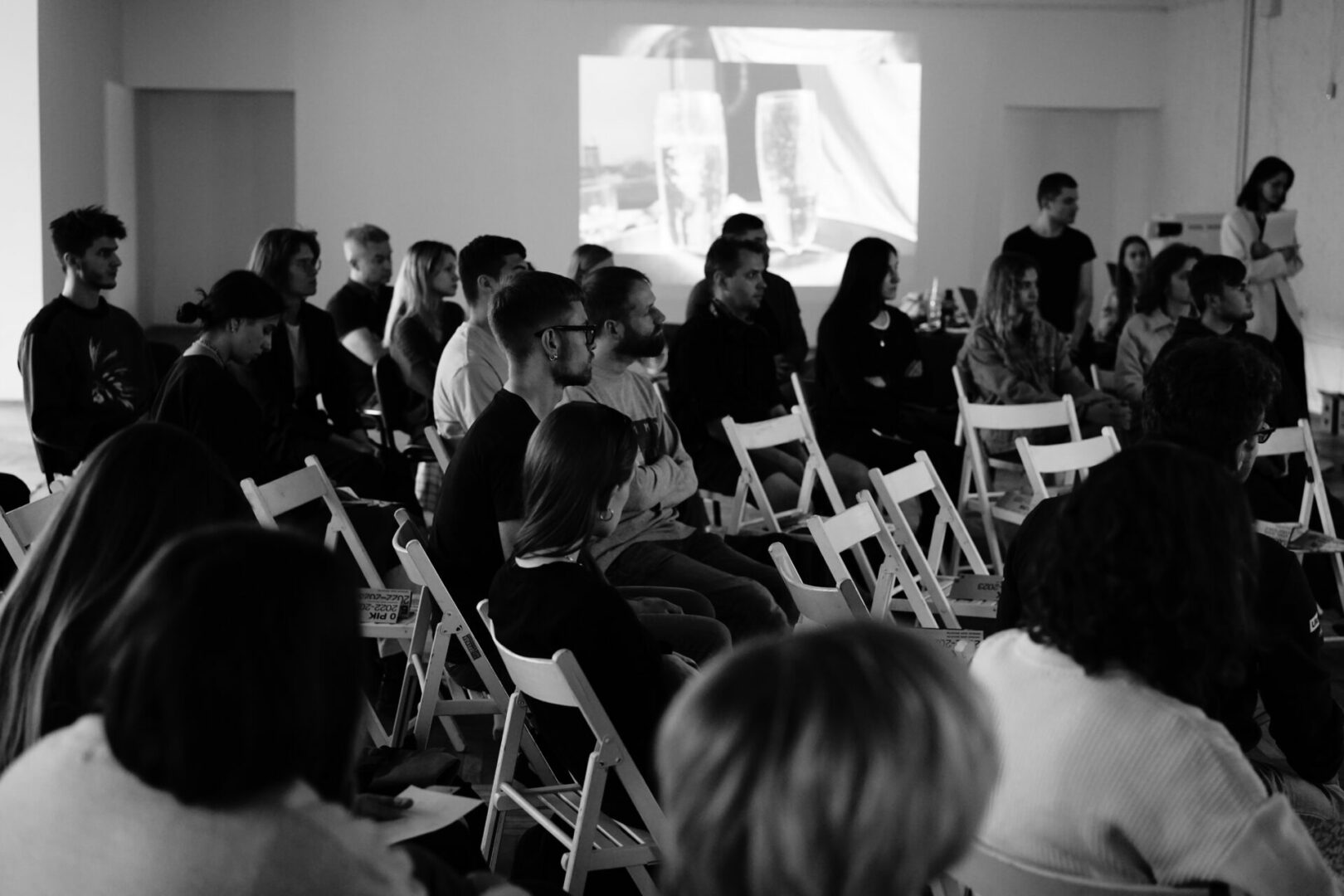How to read a city and its needs?
Unpretentious urbanism. What are architects and urban planners ignorant of in the life of a city? How does professional education shape knowledge about the city? What does chaotic development and other informal transformations of the urban environment mean?
Architectural expertise
When should architects listen to the public opinion and when can they say “no”? When should architects stop and let go? Why are these constraints arbitrary yet crucial?
Ethics and aesthetics
Categories of taste and kitsch. How to talk about beauty in the 21st century? Professional discourse vs. education: has the professional community really abandoned the concept of beauty? How do we perceive architecture: visual images vs. inhabiting space? Architecture of the media age.
Culture of architectural competitions
What types of projects require tenders? Competition organization issues, jury selection and criteria. Public discussions of the results. What are the opportunities and threats of this practice?
Participation and stakeholders
Methods of cooperation. Actors in the urban space: the state, the client, the community, and the experts. Challenges of this approach in the Ukrainian context.
